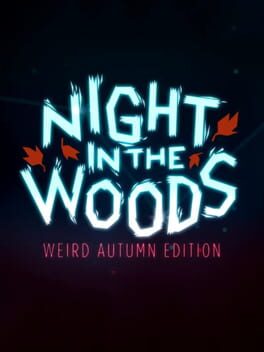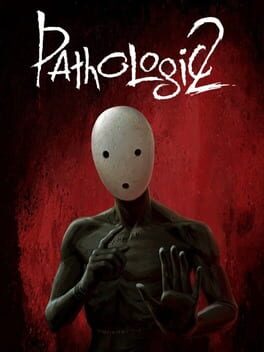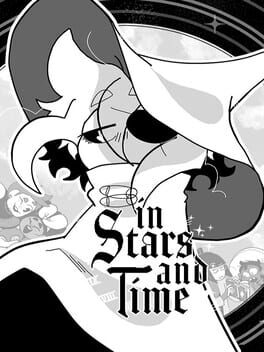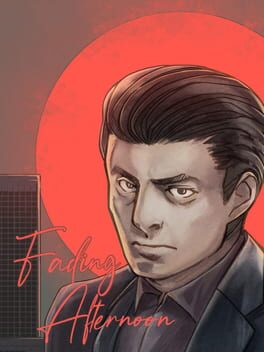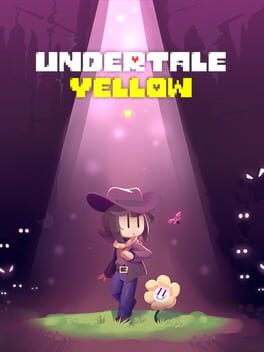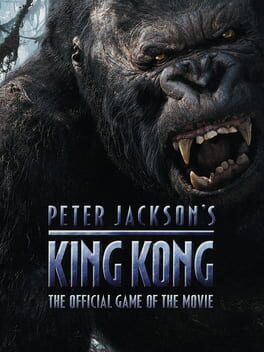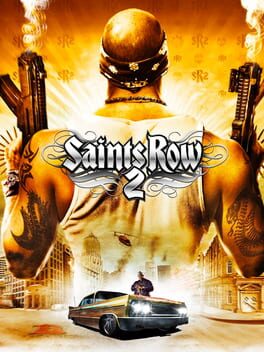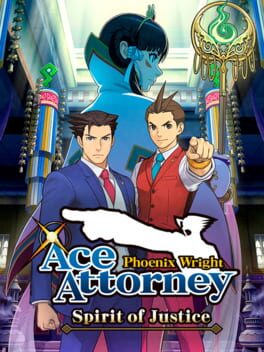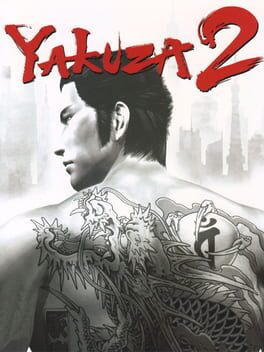Tauranoro
Made into a snob by this very website. 10/10, Thoroughly recommended.
he/him
Badges

GOTY '23
Participated in the 2023 Game of the Year Event

Elite Gamer
Played 500+ games

Famous
Gained 100+ followers

Treasured
Gained 750+ total review likes

Early Access
Submitted feedback for a beta feature

Clearin your Calendar
Journaled games at least 15 days a month over a year

GOTY '22
Participated in the 2022 Game of the Year Event

Gone Gold
Received 5+ likes on a review while featured on the front page

Organized
Created a list folder with 5+ lists

3 Years of Service
Being part of the Backloggd community for 3 years

Adored
Gained 300+ total review likes

Shreked
Found the secret ogre page

Busy Day
Journaled 5+ games in a single day

Best Friends
Become mutual friends with at least 3 others

Roadtrip
Voted for at least 3 features on the roadmap

Listed
Created 10+ public lists

Full-Time
Journaled games once a day for a month straight

Donor
Liked 50+ reviews / lists

Trend Setter
Gained 50+ followers
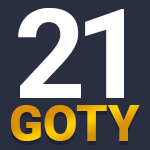
GOTY '21
Participated in the 2021 Game of the Year Event

On Schedule
Journaled games once a day for a week straight

Gamer
Played 250+ games

Loved
Gained 100+ total review likes

Well Written
Gained 10+ likes on a single review

Popular
Gained 15+ followers

Liked
Gained 10+ total review likes

Noticed
Gained 3+ followers

N00b
Played 100+ games
Favorite Games
521
Total Games Played
011
Played in 2024
071
Games Backloggd
Recently Played See More
Recently Reviewed See More
Spirit of Justice revels in the worst excesses the franchise: bloated scripts, a fetishisation of technology and black-and-white characterisation of the cast. Add the weird orientalist feel, the setting's naïve portrayal as well as the fact that almost fifteen years in we still have to deal with fixed speed textboxes and you've utterly lost me.
It's as if every title from Investigations 1 onwards were building up to this: a complete reimagining of the series, shaped one game at a time into something alien beyond the most surface aspects. The writing had been on the wall since the gutless Investigations 2, the hints it left of things to come taking monstrous shape in the dull Dual Destinies. Spirit of Justice is just the final form of this new beast, one living in a courtroom-shaped hyperreality entirely detached from its origins.
The game enjoys a healthy rating, the series still has fans clamoring for a seventh mainline entry. As for me, if things don't change drastically going forward I can safely say I'm good, thank you. Time for this old geezer to step off the ride. You kids have fun.
When I first started my RGG journey with 0 and the middling-to-abysmal Kiwamis, 2's story was 'merely' cool and enjoyable. Now that I'm caught up on the "Kiryu Saga", 2's tale stands out in its comparative straightforwardness, a quality the series too often lacks. All-time antagonist Ryuji Goda is a big reason as to why that is, but the overall essential cast, combined with the emotional rawness of the events shown, those are the real key ingredients.
Maybe it's the season, maybe it's the fading adrenaline from a shirtless fight on top of Kamurocho Hills ended with the angriest, most brutal Heat Action in the game, maybe I'm just tired... yet it doesn't feel like a proper year has passed if I don't finish a Like A Dragon title. Knowing the series still has so much to give fills me with trepidation as well as warmth. Despite the turmoil we live in, it's nice to do some virtual tourism, to immerse yourself in a different time and space. At this point, beating thugs senseless in the streets is just a nice bonus.
